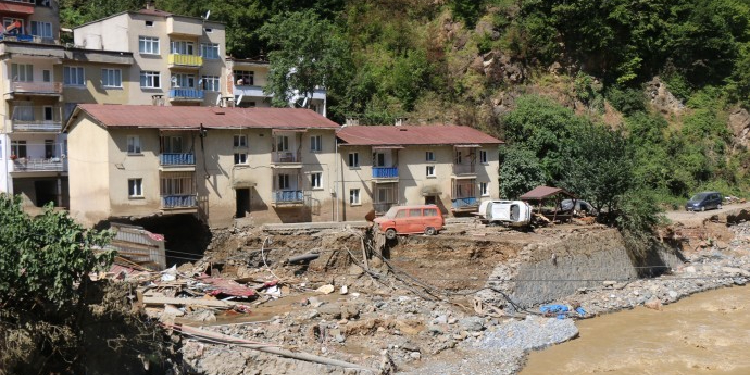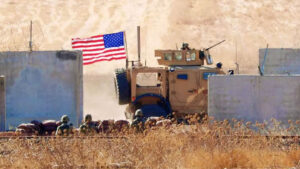
World Weather Attribution, a research organization that examines extreme meteorological events such as climate change, droughts, and storms, has released a report on climate change in the Black Sea region. The study compares the climate conditions under the influence of global warming with the pre-industrial climate by examining three-day average rainfall and maximum wind speeds.
According to the report, the storm caused heavy snowfall in Moldova, Bulgaria, Romania, and Ukraine, and heavy rains in Crimea, eastern Ukraine, and Turkey. Extreme winds reaching speeds of up to 75 miles per hour also caused coastal flooding in southern Ukraine and most of Russia’s towns. The storms also resulted in power outages, traffic disruptions, and other infrastructure failures, affecting 2.5 million people and causing at least 23 deaths.
The report states that the Bettina Storm, which affected the Crimean Peninsula, increased security vulnerabilities in the midst of the ongoing Russia-Ukraine conflict. It also highlighted that due to human-induced warming, rainfall is causing increasingly significant flood damage in larger areas. Other findings from the report include:
– We found that the rainfall observed during the Bettina Storm roughly doubled the likelihood of intense precipitation events, attributable to fossil fuels. The intensity of the weather event increased by approximately 5% due to the human-induced climate crisis.
– Looking into the future, the findings indicate that in a climate 2°C warmer than the pre-industrial period, rainfall intensity and likelihood will further increase, as observed in the 2023 Black Sea event.
– Generally, there is an increase in the probability and intensity of wind speeds, as seen in the 2023 Black Sea event, in a climate 2°C warmer than the pre-industrial period.
– These findings indicate that the decrease in observed wind speeds is not due to climate change but rather other factors such as natural variability. However, considering modeling results and scientific literature, an increase in strong winds should be taken seriously, even if it cannot be currently attributed to climate change.
The report also highlights the impact of the Russia-Ukraine conflict in exacerbating the effects of the Bettina Storm. It states that displaced Ukrainians have been affected by the conflict, with the most vulnerable, such as the elderly, children, and disabled individuals, being the hardest hit due to their limited ability to evacuate and withstand freezing temperatures.



